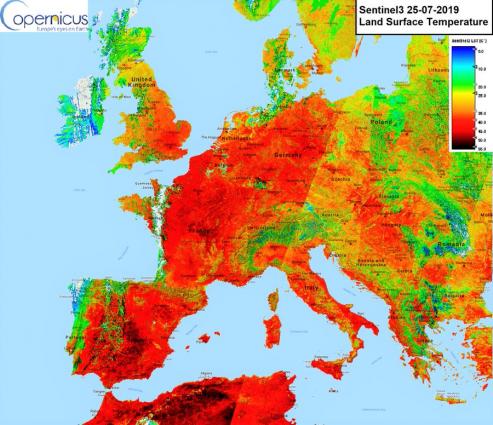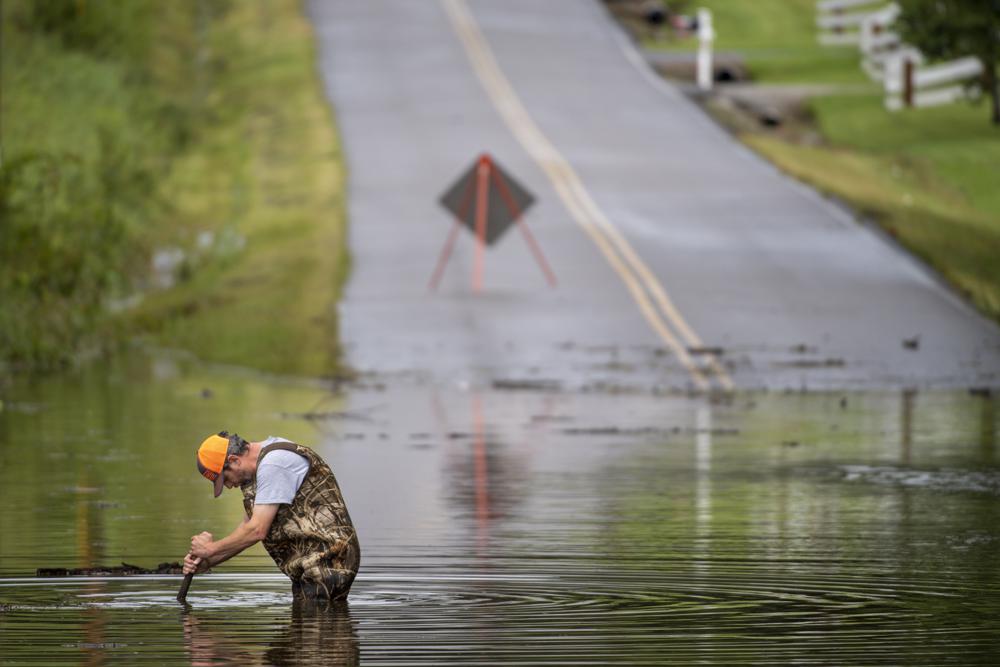Arizona city cuts off a neighborhood’s water supply amid drought – “There is no Santa Claus. The megadrought tells us all: water is not a compassion game.”

By Joshua Partlow
16 January 2023
SCOTTSDALE, Arizona (The Washington Post) – The survival — or at least the basic sustenance — of hundreds in a desert community amid the horse ranches and golf courses outside Phoenix now rests on a 54-year-old man with a plastic bucket of quarters.
John Hornewer picked up a quarter and put it in the slot. The lone water hose at a remote public filling station sputtered to life and splashed 73 gallons into the steel tank of Hornewer’s water hauling truck. After two minutes, it stopped. Hornewer, one of two main suppliers responsible for delivering water to a community of more than 2,000 homes known as Rio Verde Foothills, fished out another quarter.
“It so shouldn’t be like this,” Hornewer said.
Some living here amid the cactus and creosote bushes see themselves as the first domino to fall as the Colorado River tips further into crisis. On Jan. 1, the city of Scottsdale, which gets the majority of its water from the Colorado River, cut off Rio Verde Foothills from the municipal water supply that it has relied on for decades. The result is a disorienting and frightening lack of certainty about how residents will find enough water as their tanks run down in coming weeks, with a bitter political feud impacting possible solutions.
The city’s decision — and the failure to find a dependable alternative — has forced water haulers like Hornewer to scour distant towns for any available gallons. About a quarter of the homes in Rio Verde Foothills, a checkerboard of one-acre lots linked by dirt roads in an unincorporated part of Maricopa County, rely on water from a municipal pipe hauled by trucks. Since the cutoff, their water prices have nearly tripled. The others have wells, though many of these have gone dry as the water table has fallen by hundreds of feet in some places after years of drought.
“This is a real hard slap in the face to everybody,” said Hornewer, who has been hauling water to his neighbors for more than two decades. “It’s not sustainable. We’re not going to make it through a summer like this.”

The prolonged drought and shrinking reservoirs have already led to unprecedented restrictions in usage of the Colorado River, and the federal government is now pressing seven states to cut 2 to 4 million acre-feet more, up to 30 percent of the river’s annual average flow. The heavy rain and snow pummeling California have not had much impact on the Colorado River Basin, and major reservoirs Lake Powell and Lake Mead have fallen to dangerous levels.
This grim forecast prompted Scottsdale to warn Rio Verde Foothills more than a year ago that their water supply would be cut off. City officials stressed their priority was to their own residents and cast Rio Verde Foothills as a boomtown of irresponsible development, fed by noisy water trucks rumbling over city streets. “The city cannot be responsible for the water needs of a separate community especially given its unlimited and unregulated growth,” the city manager’s office wrote in December.
Scottsdale Mayor David Ortega was unmoved when his Rio Verde Foothills neighbors cried foul.
“There is no Santa Claus,” he said in a statement last month. “The megadrought tells us all — water is not a compassion game.” […]
“What Scottsdale has done is inhumane. Dangerous. They’ve left us without fire protection. They’ve left us without water for families,” said Christy Jackman, a resident who helped lead an effort to raise thousands of dollars to pay lawyers to seek the injunction. “Mostly what we have right now is palpable fear.” [more]
Arizona city cuts off a neighborhood’s water supply amid drought

